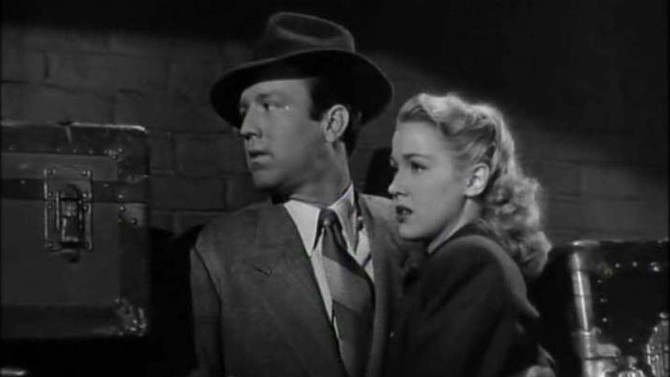
Desperately Seeking Steve
Sometimes you just can’t catch a break. As if fate itself is against you, the dominoes fall, one at a time, each bringing with it another problem that places you in a further bind. Increasingly more Desperate (1947), you have to measure every step appropriately, for the tagline dramatically suggests, “MURDER at any moment! SUSPENSE. . . in every step!!!”. A film noir directed by Anthony Mann (he is also co-credited for the story along with Dorothy Atlas), our unlucky man is Steve Randall (Steve Brodie), a vet who has just returned from World War 2. Though he has married and found a job (as a truck driver), the next domino falls when a wily criminal gang, led by Walt Radak (Raymond Burr – yes, Perry Mason himself), reaches out to him for his driving skills and giant vehicle (on his anniversary, no less).
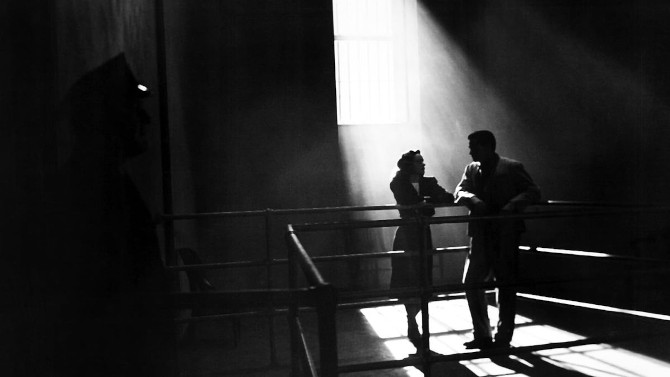
(Un)luck Be a Lady Tonight
A man, scorned by his ungrateful wife on their anniversary (he had front row tickets to a well reviewed live show), buries his head in alcohol at the local bar, only to stumble into a mysterious thirty-something woman in an equally sour mood (she does have quite a fabulous hat on though). Deciding to go to the show together (with the caveat that they are not to divulge their names to each other), it is a wonderful evening that buoys their spirits a bit. A seemingly serendipitous love story. . . the only problem, said man returns home to find three detectives in his living room waiting for him, as his wife has been strangled to death by some necktie wielding maniac. The introduction to the 1944 film noir crime drama Phantom Lady, directed by Robert Siodmak (and based on a Cornell Woolrich novel of the same name – under his pseudonym William Irish), Scott Henderson (Alan Curtis) is the unlucky chap mentioned above. His only alibi. . . the unknown woman, who will be so elusive that he will start to wonder if he simply imagined her (it doesn’t help that he cannot remember the woman in finer detail since learning of his wife’s murder).
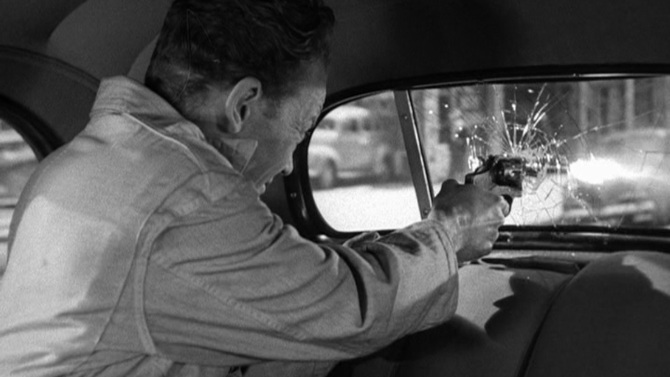
Blunt Force Trauma
As blunt as its title, Armored Car Robbery (1950) is fast-paced, intense, and to the point, a ninety-seven minute film noir (and one of the first heist movies) that brings us into an intricately planned robbery taking place in the City of Angels. Directed by Richard Fleischer (Soylent Green), the central crime takes place outside of Wrigley Field, so you might think the film maker has transported us to “Chicago, Chicago that toddling town, Chicago, Chicago I will show you around”, yet, don’t let the name confuse you. . . there was a second Wrigley that housed minor league teams until 1967 in Los Angeles. Entering the world of criminal mastermind Dave Purvis (William Talman), a man who has already pulled one impressive armored car robbery, every single moment of this venture is his plan.
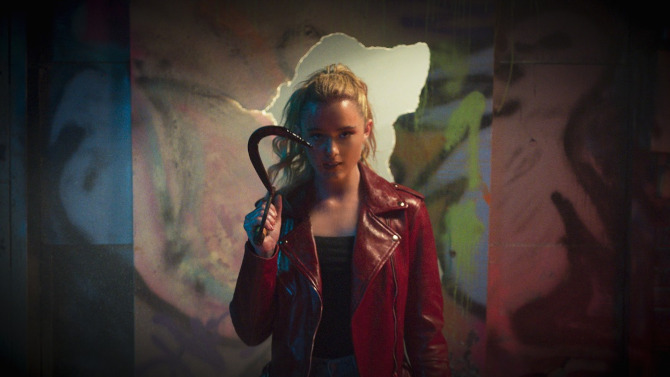
Freak Out
If you’ve ever wanted to see what Freaky Friday mixed with Friday the 13th would look like (outside of a Wheel of Fortune ‘Before & After’ category), then you’re in luck, as 2020's Freaky, which deftly mixes horror and comedy, is for you. Co-written and directed by Christopher Landon, Millie (Kathryn Newton) is a senior in high school. . . a girl struggling with her depressed, alcoholic mother, Paula (Katie Finneran) – who is recently widowed, a group of manipulative female bullies, a prick of a teacher, Mr. Bernardi (Alan Ruck – channeling his inner Mr. Rooney), and going seemingly unnoticed by her crush, Booker Strode (Uriah Shelton). . . plus it doesn’t help that she is known as the school’s beaver – no, this isn’t some sort of hussy-infused sexual slang, she is actually their mascot (the majestic, often Canadian associated buck-toothed rodent). In fact, if it wasn’t for her two besties, Nyla (Celeste O’Connor) and Josh (Misha Osherovich), she’d be completely lost.
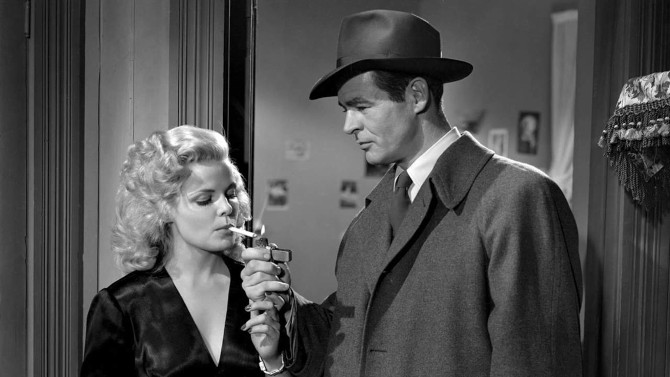
Unchartered Terrain
A film noir that flips the script (transforming into something very different in the second act), Nicholas Ray’s On Dangerous Ground (1951), written by A.I. Bezzerides (Kiss Me Deadly), follows the director’s penchant for looking at tortured, lonely individuals (think In a Lonely Place; Rebel Without a Cause), our main figure initially placed against the backdrop of a busy metropolis. Jim Wilson (Robert Ryan) is a hardened police officer on the beat, a man who is as serious as cyanide, as lonely as the night, as cynical as, well. . . a cop. Surrounded by lowlifes, dangerous dames, and violent criminals, sadly, it is the only thing he has seen for years, twisting his spirit into a near inhuman, Guantanamo Bay-like level of hatred (physical abuse is his first step in getting answers) . . . all this has him closing in on a breakdown.
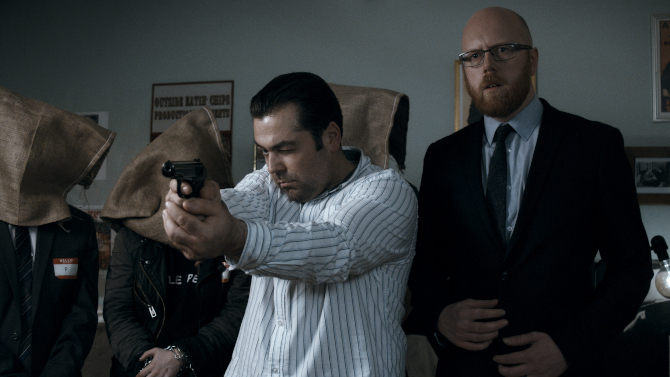
Criminal Minefield
Another intriguing indie coming out of the U.K., 2019's Criminal Audition, co-written and directed by Samuel Gridley, is a highly original, uniquely twisted mystery drama with a subtle undercurrent of dark humour running just below the surface – something the British are so bloody good at. A little like an intricately written stage play, Gridley drops us into a most claustrophobic setting. . . first introducing us to a dilapidated, soon to be flattened old theatre during the hyper-stylized opening credits, this soundproof tomb is the location chosen by twitchy, highly stressed criminal mastermind, William (Rich Keeble). Though he’s the boss pulling the strings, our eyes are those of Ryan (Luke Kaile – the other co-writer of the script), a much younger grunt worker who knows William and his operation all too well.
